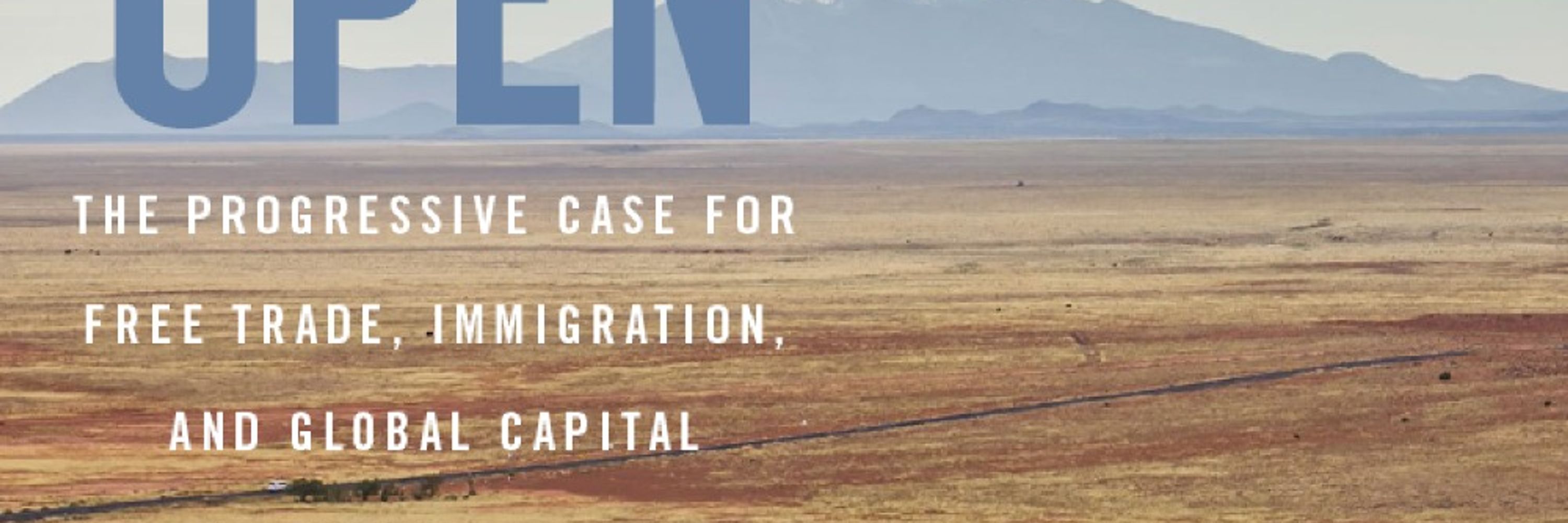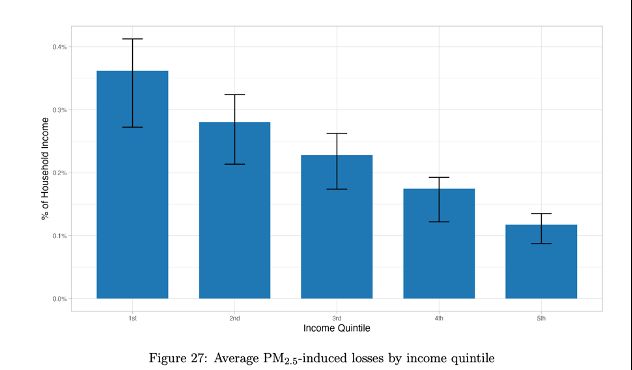
Kimberly Clausing
@kclausing.bsky.social
Economist; Professor @law.ucla.edu; senior fellow @piie.com; former tax DAS at Treasury; Author, Open: The Progressive Case for Free Trade, Immigration, and Global Capital
🧵 (1/8) My new working paper with Maurice Obstfeld, “Tariffs as Fiscal Policy”, was just posted today @piie.com. Within, we evaluate the new role that tariffs are playing in the US economy.
www.piie.com/publications...
www.piie.com/publications...

October 20, 2025 at 1:20 PM
(7/7) For more on a comparison of relevant climate policy actions for the United States, see this recent work:
papers.ssrn.com/sol3/papers....
ceepr.mit.edu/wp-content/u...
papers.ssrn.com/sol3/papers....
ceepr.mit.edu/wp-content/u...

September 25, 2025 at 1:07 PM
(7/7) For more on a comparison of relevant climate policy actions for the United States, see this recent work:
papers.ssrn.com/sol3/papers....
ceepr.mit.edu/wp-content/u...
papers.ssrn.com/sol3/papers....
ceepr.mit.edu/wp-content/u...
(6/7) While costs are relatively modest so far, the costs of climate inaction are likely to rise steeply in the years ahead, illustrating the importance of climate action. Even focusing *solely* on US benefits, many climate policy interventions will have benefits that exceed their costs.
September 25, 2025 at 1:07 PM
(6/7) While costs are relatively modest so far, the costs of climate inaction are likely to rise steeply in the years ahead, illustrating the importance of climate action. Even focusing *solely* on US benefits, many climate policy interventions will have benefits that exceed their costs.
(5/7) Further, climate policy *inaction* is regressive, harming poorer counties and households disproportionately. Poorer counties are more exposed to risks such as wildfire particulates, and the higher costs of home insurance and cooling are a larger share of income for poorer households.

September 25, 2025 at 1:07 PM
(5/7) Further, climate policy *inaction* is regressive, harming poorer counties and households disproportionately. Poorer counties are more exposed to risks such as wildfire particulates, and the higher costs of home insurance and cooling are a larger share of income for poorer households.

